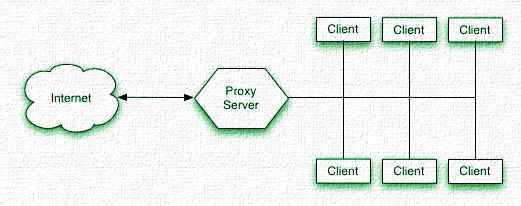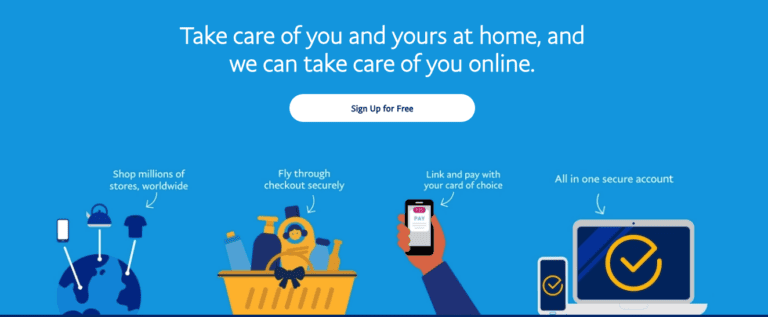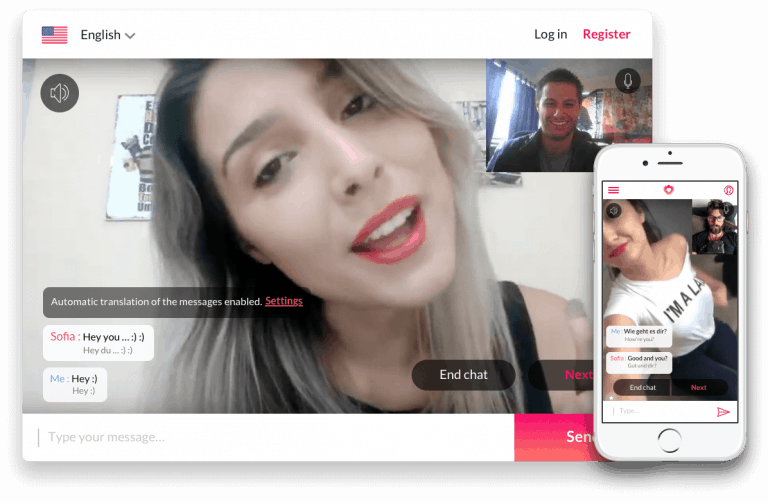All You Need to Know About Proxies for SEO Monitoring

She exits the building. Looking left, then right. Trained in the art of spycraft her sixth sense knows something is off. She’s seen that man in the sunglasses and Yankee baseball cap before. And that lady reading the newspaper is definitely familiar. In fact, this street is full with recognizable faces. The game is up, our hero knows she is being followed.
You don’t need to be super spy to know that someone has been visiting your website. A repeated IP addresses is a dead giveaway that a competitor has been analysing your website. As an SEO professional doing competitor research you need to disguise that footprint. And it’s not just competitors who are on the watch out. Social media platforms and search engines are on high alert for SEO’s trying to game the system.
So is the answer to give up? Of course not – you are an SEO professional. What you need is are SEO proxies.
What are SEO proxies?
A proxy provides a gateway between the internet and your computer. Setup a proxy and when you send a request from your computer it doesn’t go directly to the internet. It is relayed to the proxy first. That request is sent onwards to the internet via the proxy. The webpage displays as it would normally but the data received is sent back through the proxy. This process of requesting and passing data avoids your computer from being identified. If you would like to learn more about proxies, head on to Oxylabs, they have a great article on it.
How are proxies used for SEO?
Proxy’s serve multiple purposes in SEO. Here are some of the key ways that proxies can be used:
Protecting your identity
The first use case was alluded to in the introduction – hiding your identity from your competitors. Using a proxy allows you to spy on your competitors properties without revealing your identity.
Accessing geo-specific search results
Depending on your location you will be shown different results by Google and other search engines. If you are servicing clients in a different country then you will want to view the search results as if you were a user from that country.
Simulate traffic
The volume of traffic going to a website provides an indication that a website should be ranked for its target keywords. Users finding your websites in the SERPS and then clicking through shows that they thought it was a relevant result. The users engagement with the website, such as time on site or average number of page views, provides further ways that the search engine can measure the relevance of the website. One trick that the SEO professional can play is to simulate that traffic. The problem is that if all of the traffic comes from the same IP address, it will be quickly noticed and disregarded. Proxies help avoid this and allow you to create the appearance of authentic traffic.
Data scraping
Data scraping is essential to doing SEO at scale. But to speed up the process you need to be using proxies. If you are using popular scraping tools like ScrapeBox, GScraper or XRumer then proxies are essential. Fail to use them and it’s a real red flag to the search engines. Inevitably you will be identified and banned.
Social signals are increasingly important as a ranking factor. In a study by CognitiveSEO of 23 million shares, it was found that there was a strong correlation between the amount of social sharing and search engine rankings. (1) Opening and running multiple social media accounts in order to simulate social media activity requires the use of proxies. Without using proxies your accounts will quickly be identified by social media platforms and closed down.
Should you opt for a public or private proxy?
Public proxies are available to anyone who wants to use them.A private proxy (aka a dedicated proxy) is one that can be used by only one user at a time. Private proxies do come with a price tag attached, but that price is one that worth paying for.
The entire value of using a proxy is to eliminate your footprint. Using a free public proxy can seem like an attractive option but because of their vulnerabilities are rarely a good choice for SEO professionals.
Public proxies also have serious performance issues as well. If you are doing SEO professionally then your time is valuable. Public proxies are notoriously unreliable. In fact they frequently don’t work. When you strike gold and find a good, working public proxy, chances are that next time you want to use that proxy it won’t be available. Add up the time you spend looking and testing public proxies and you will quickly see what investing in a private proxy makes sense.
The difficulty with locating reliable public proxy is only the first step. Public proxies by their very nature are widely shared. Having people over the globe using the same public proxy inevitably leads to performance issues. A dedicated proxy is going to provide you with faster connections, letting you do your job faster and more efficiently.
Finally, even if you do find a reliable public proxy which isn’t already massively congested, your problems are still not necessarily over. Public proxies are frequently identified. These blacklisted proxies will be stopped by filters and firewalls. With a private proxy you are far less likely to encounter this problem.
Conclusion
Private proxies are an essential tool for any SEO professional. Having access to proxies enables you to conceal your identity, magnify the impact of your tactics and to facilitate SEO campaigns at scale.




